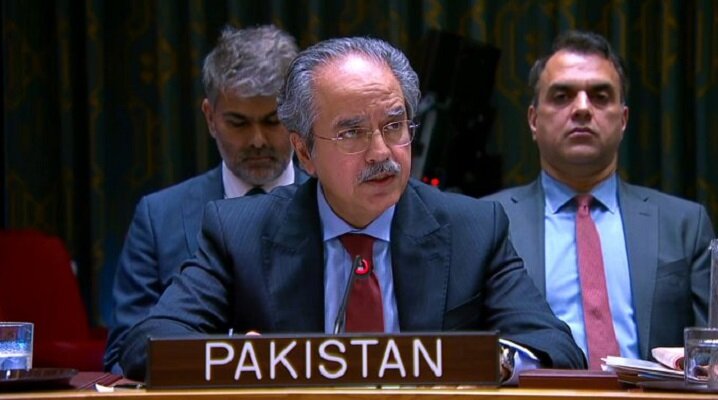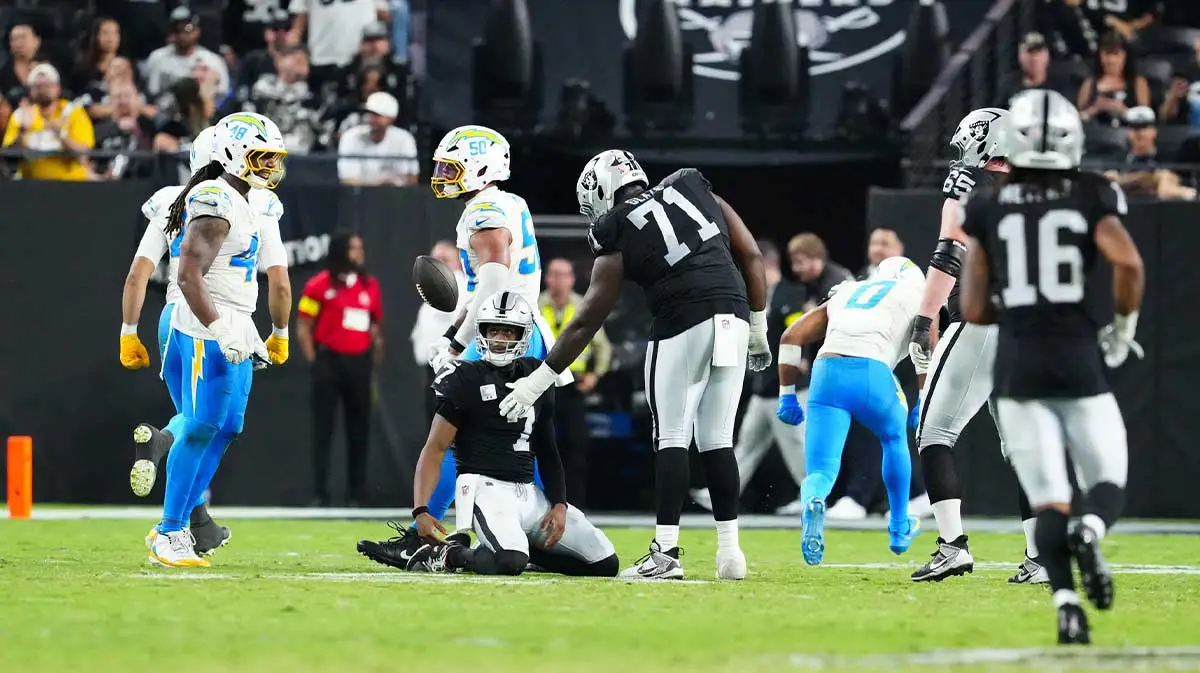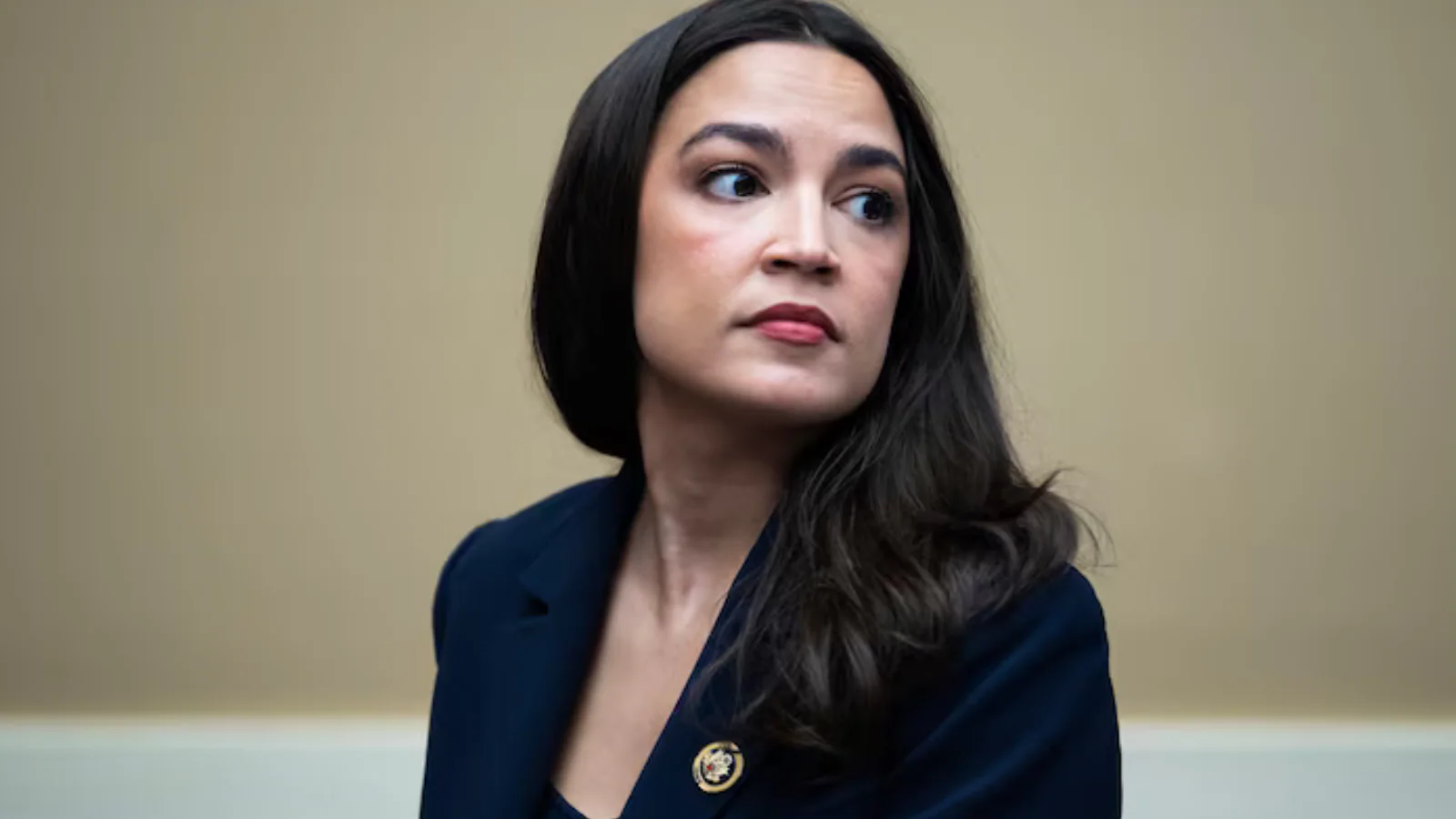By Marzieh Rahmani
Copyright mehrnews

The following is the text of the statement issued by Permanent Representative of Pakistan to the UN, Ambassador Asim Iftikhar Ahmad, after the Vote on Draft Resolution (S/2025/561) concerning Resolution 2231 (2015)/JCPOA.
Mr. President,
Pakistan voted in favour of the draft resolution. Our position on this matter has been guided by the following:
First, the firm belief that all issues concerning Iran’s nuclear programme must be resolved by peaceful means, through dialogue and cooperation;
Second, the need to provide more time for diplomacy to succeed;
Third, the imperative of avoiding a confrontation that could further complicate the situation; and
Fourth, Preserve the framework of the Joint Comprehensive Plan of Action (JCPOA), and resolution 2231 for reaching at an amicable solution, without a resort to coercive measures, till such time that a successor arrangement or “new deal” is reached.
2. The JCPOA was a sterling example of a pragmatic and cooperative approach, which charted a negotiated roadmap to comprehensively address the concerns of all parties by clearly defining their relevant obligations and responsibilities.
3. Regrettably, the agreement was disrupted, leaving many complications in its wake, that impacted the full and faithful implementation of the JCPOA by various parties – leading to mutual recriminations.
Mr. President,
4. The agreement on “Practical Modalities for the Implementation of Safeguards in Iran”, signed between Iran’s Foreign Minister and IAEA Director General in Cairo, Egypt, on 9th September, aimed at restarting Agency’s verification activities and inspections was a positive development. The DG IAEA termed it “an important step in the right direction”. There is a need to build on this breakthrough to restore mutual trust and promote confidence between all the relevant parties that was seriously eroded due to the recent developments.
5. Invoking the snapback and re-imposition of UN sanctions could further complicate the situation, harden positions, and take us away from the objective of an amicable resolution of the issue. The current situation demanded more engagement – and not a hasty re-imposition of sanctions.
6. That is why, Mr. President, Pakistan favoured the technical extension of resolution 2231 – for a period of six months – to create space for political engagement and negotiations through a realistic and constructive approach by all the parties.
7. We regret being put in a situation that confronts us today – to vote on a clearly divisive matter – when other avenues were available to avoid it; when other pathways could have been utilised to address the concerns harmoniously and cordially, allowing the Council to proceed by consensus, as it did with the adoption of resolution 2231 ten years ago.
Mr. President,
8. As an immediate neighbour and friend of Iran, we do not favour any action which risks destabilising a region that is already mired in multiple crises. This region cannot afford further tensions.
9. We believe that even at this stage, diplomacy should be given a chance. There is an urgent need to renew and continue diplomatic engagement to seriously and faithfully address any outstanding issues in a cooperative manner, in accordance with the rights, obligations and responsibilities of the parties concerned. We must prioritise this approach and never give up on a peaceful negotiated settlement. Diplomacy and intimidation do not go together.
10. Diplomacy has delivered previously and with the necessary sagacity and pragmatism, it can certainly deliver again. We hope that the path towards a resolution of the underlying issues would not narrow down. In our view, it still remains available, provided there is political will to take it.
I thank you.



